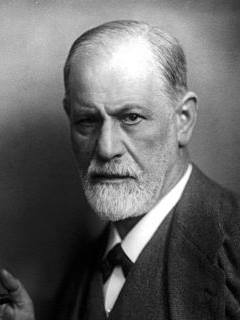

Culture, psychotherapy, and the diasporic self as transitoric identity
a reply to social constructionist and postmodern concepts of narrative psychotherapy
pp. 49-72
in: Toshio Sugiman, Kenneth J. Gergen, Wolfgang Wagner, Yoko Yamada (eds), Meaning in action, Berlin, Springer, 2008Abstract
Scientific psychology is part of a cultural practice whose historical roots lie in Europe (Gergen et al. 1996a). Only in the nineteenth century did it begin to take shape as an independent discipline. Its founding fathers soon included outstanding representatives of North American psychology. Psychology and psychotherapy "coevolved." The latter was always regarded as applied psychology, which with psychopathology was to provide patients with professionalized social support in treating psychosocial problems. Following Sigmund Freud's influential "invention" of psychoanalysis, the field differentiated rapidly. New schools, approaches and procedures emerged, without any end in sight as modern psychology and psychotherapy embarked on a rapid career. The twentieth century was often seen as the epoch of "psychologization of people" — at least in the so-called western world.


